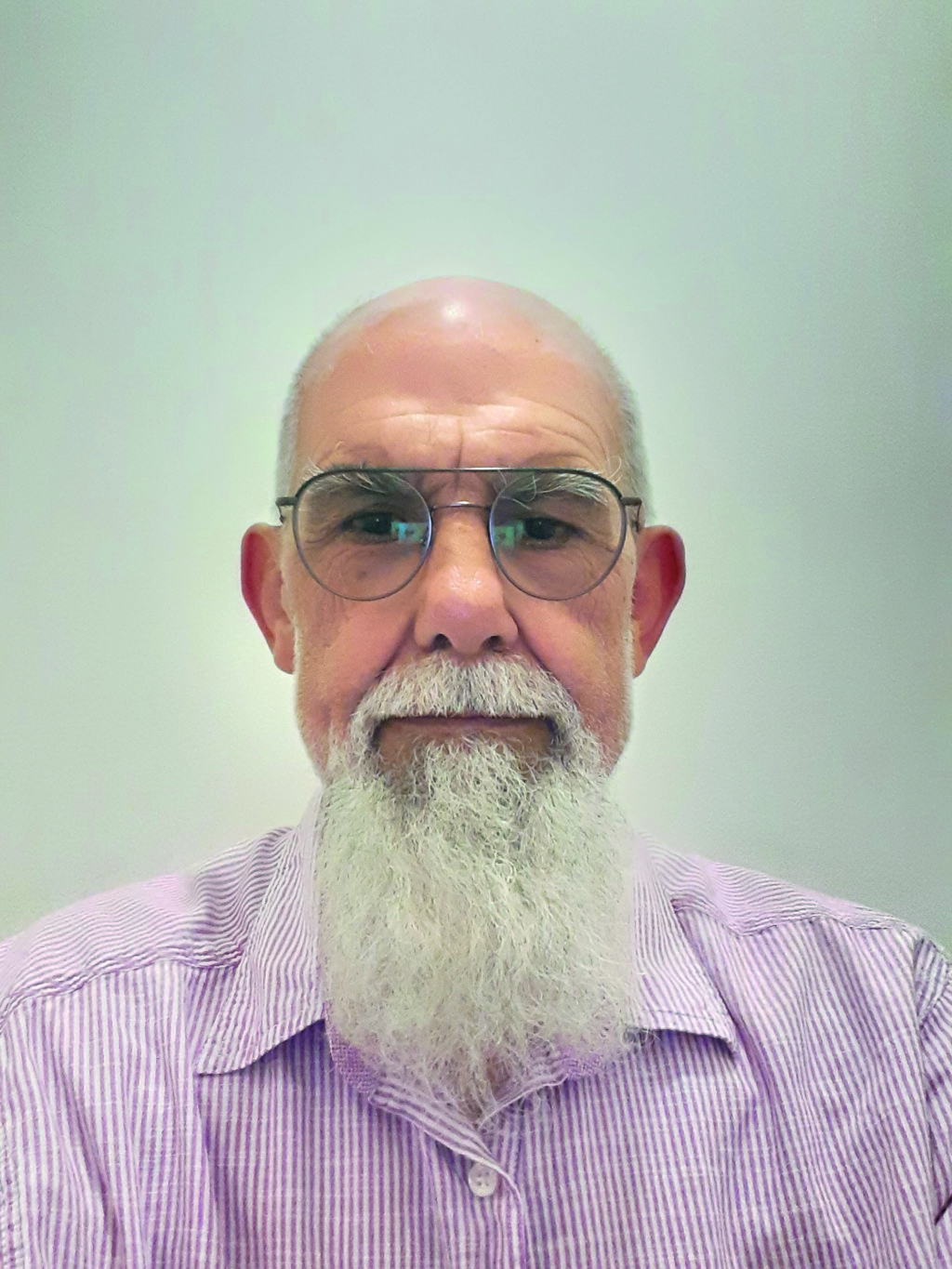The evolution of commissioning

CSA Vice Chair, Keith Barker, takes a look at the sector’s evolution and progression over the past 30 years.
The recent CSA Awards evening brought home just how much progress the commissioning industry has made in the past three decades.
The CSA came about because the leading companies in the field realised that they needed a framework within which prospective commissioning engineers could be trained and developed. It was obvious to them that no one company would have the resources to complete such a mammoth task alone.
Their foresight and willingness to work together for the benefit of all must be applauded. They didn’t entirely put their and providing a clear path of development, they remained fiercely competitive.
Then and now
In those early days it was obviously a struggle to generate enough income to be able to afford the development costs for the training material required.
The initial companies kept putting their hands in their pockets to keep things progressing. Many engineers shared their time and technical knowledge for free to create the first Commissioning Engineers Compendium. Selling those and fluorocarbon fluid for manometers started to bring in funds that were devoted to producing training material.
The problem for the CSA was that there was no simple way to deliver that training. With trainees spread among dozens of companies and distributed across hundreds of building sites, class-based training was practically impossible. Remember that this was back in the early 1990s, when electronic communications were still very much in their infancy.
The only sensible solution was to adopt the ‘Distance Learning’ model. The series of three courses, individual company aspirations aside.
Outside of the CSA’s aims of getting commissioning recognised as a legitimate function within the construction industry DLC-A, B and C, were constructed to take trainees through from a new starter to someone that could test and regulate a ventilation or heating cooling system and demonstrate its performance.
Each of these consisted of a dozen or so modules of study. Again, senior engineers and company principals gave their time to act as tutors for those working their way through these modules. The transmission of the material was via a combination of the postal service, telephone, facsimile (remember those?) and the early stages of e-mail.
The next step was developed to identify the more accomplished commissioning engineers who could problem solve a system when normal proportional balancing procedures could not produce the correct result. This involved elements of design review and identifying issues with the installation. To achieve this standard, further study of the technical aspects of systems and training on case studies to demonstrate the relevant abilities was required.
The wherewithal to maintain this progression was now generated by membership fees from the growing number of commissioning companies that joined and those far-sighted commissioning people who recognised the value of what the CSA was doing so joined as individual members.
Formation of technical committee
Spreading its wings, the CSA also created a technical committee that began preparing and publishing guidance notes and technical memoranda. It also began publishing its index newsletter to keep members informed. This required an administrative framework. It was recognised very early on that a secretary was needed. Initially a part-time role, it soon became a full-time requirement.
Accommodation remained a key problem. Originally the CSA squatted in Commtech’s offices in Cousldon, Surrey. It then progressed to co-habiting in the home of whoever was the current secretary before occupying rented office accommodation in and around Horsham.
Working partnerships

The CSA now has its own office premises, a branch in the Middle East, nearly a hundred corporate member commissioning companies, just under 1,000 individual member commissioning engineers and dozens of associate member companies that are connected with commissioning in one way or another. Those members are spread across more than 70 different countries from the Americas to the Antipodes.
The CSA works with other organisations such as CIBSE and BSRIA to provide commissioning expertise in many of their technical documents. It also runs training for commissioning managers with its renowned Introduction to Commissioning Management (ITCM) course and the accompanying accreditation system.
This past year has also seen some significant events. Firstly, the CSA has worked with BESA to get its training schemes and career development path accepted as an NVQ equivalent so that commissioning engineers with CSA accreditation are now recognised as a category for CSCS cards in their own right.
Secondly, the CSA has employed a technical manager alongside the existing office staff so that the efforts of the training and technical committees can be coordinated and aimed at dovetailing all of their efforts into both regular updates for the training and technical guidance material and developing it even further.
The next step
So, what’s next? The involvement with BESA has proved to be beneficial to both sides. They have been developing an on-line training and examination platform that is ideally suited to the CSA’s DLC courses and examinations and it is expected that these will be used for early trials of the platform.
That will allow BESA to test and refine the system and take it live for all of its own training operations as well as giving the CSA a future- proof vehicle. It will take away the difficulties that surround getting people to the Horsham office or finding venues and invigilators for remote operations.
The next item being looked at is the commissioning management field. The ITCM course has always been seen as the first step and the progression to an Advanced Commissioning Management course has already been agreed and the resources allocated. It is hoped that this will come about in the next few months.
The CSA’s work with CIBSE and BSRIA will continue and there are already plans for further technical input to their commissioning documents. Those organisations also work with government departments concerned with buildings, construction and the environment and the CSA has been approached regarding assisting them with information and material for those activities.
The CSA has looked at how it can assist with developments in other aligned fields. The water treatment industry has encountered the same issue with CSCS cards that the commissioning world encountered, and it has been causing no little angst for the companies involved.
As a number of the CSA’s member commissioning companies have a water treatment division, the CSA offered to use its expertise in training material development and its familiarity with BESA’s requirements to develop an equivalent training syllabus and accreditation system. This is now under way, and it is hoped to have something in place sometime in 2024, before the expiry of the current CSCS card arrangement on 31 December, 2024.
In just over 30 years, the CSA has gone from around a dozen forward- thinking company principals to an international organisation that must be regarded as one of, if not the most, recognised authorities on building services commissioning.
What is even more remarkable is that, until recently, it has been done pretty much through the efforts of unpaid volunteers.
It also has to be remembered that much of what the CSA does depends on people knowing what is going on. Thanks to continued support from organisations like MBS Magazine and others, the CSA’s message is out there and long may it continue.








